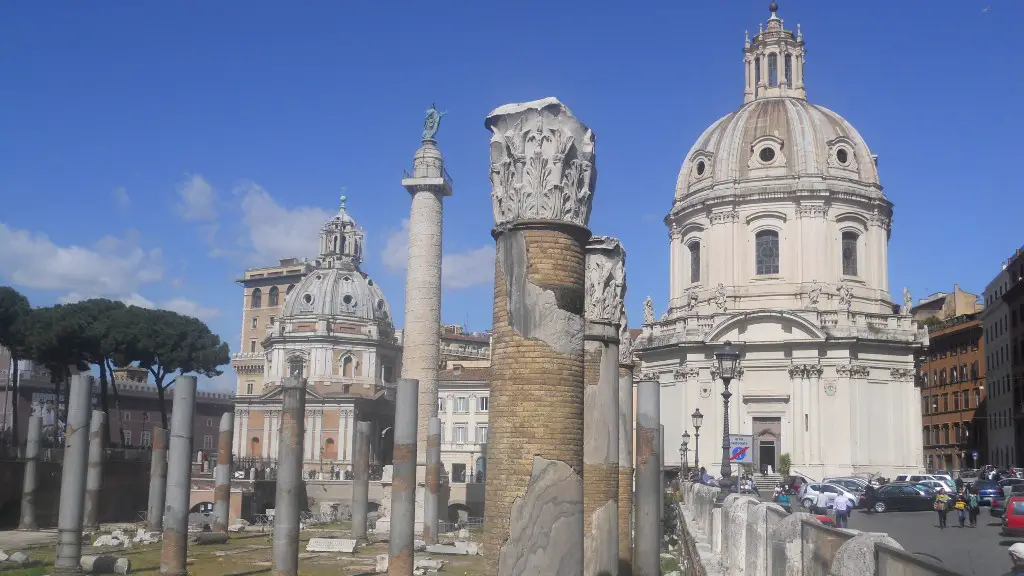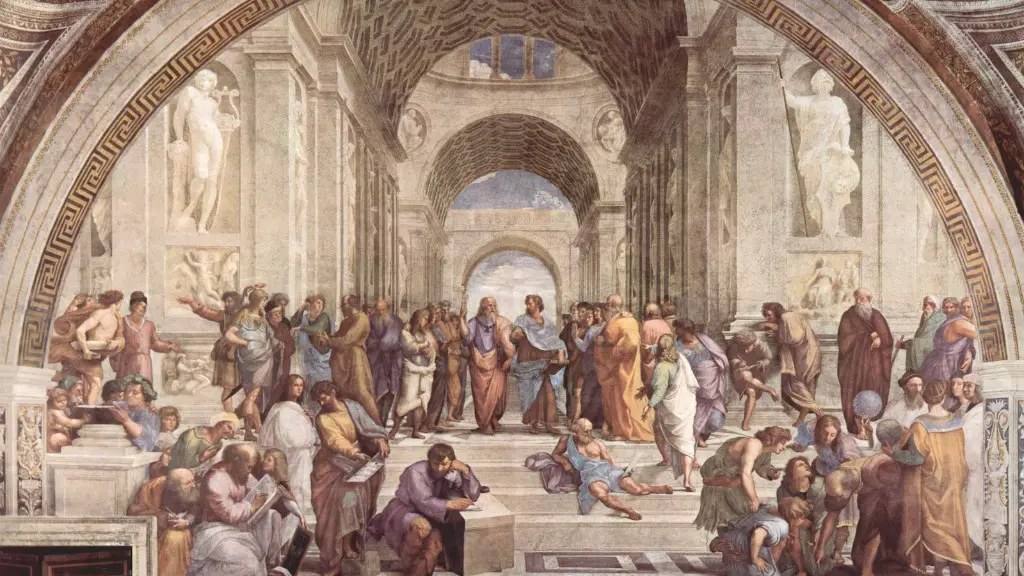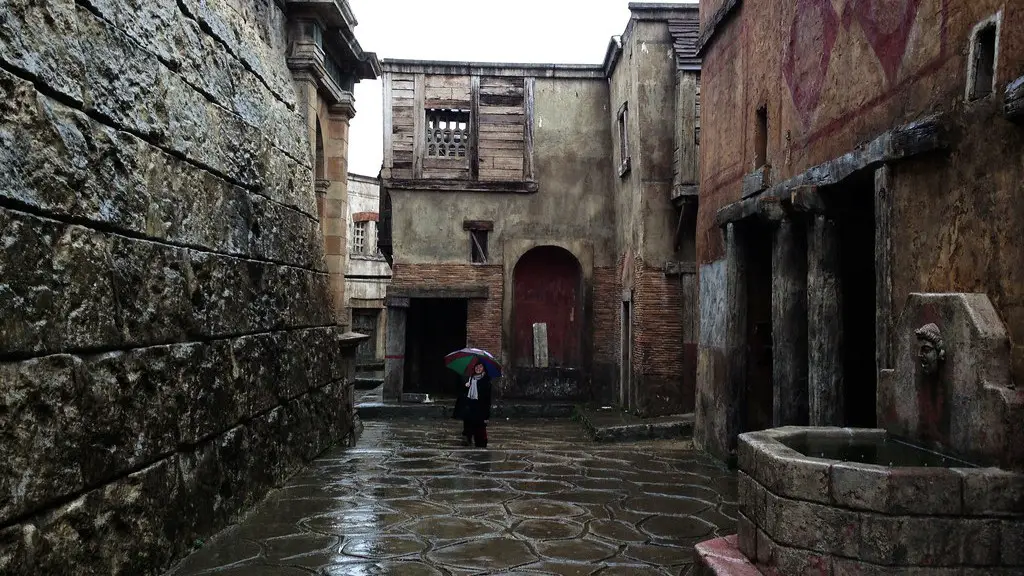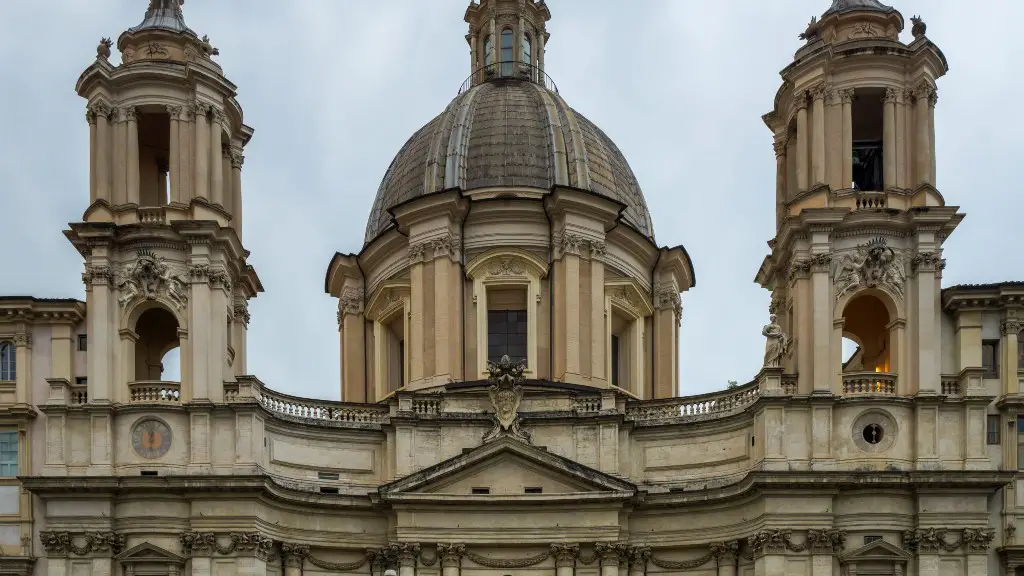Where did young men in ancient Rome get educated
Education in the ancient Roman era was often provided by a well-respected teacher, or school. This was either provided in Roman-style classrooms, or at a student’s home. It was considered a great privilege for men in ancient Rome to be educated. Normally, boys attended classes up to a certain age. After which, higher education became a responsibility of their fathers.
Textbooks of that time were mostly written by the great Roman authors, including Cicero, Seneca, and Horace. They were often written in Latin, which was prevalent in classical studies. The texts were studied with the help of teachers. Some lesson discussions revolved around the greatness of the Roman Empire and its feats in battle, while others focused on life lessons, such as how to be a good leader, family man, and public servant.
Learning was not limited to the textbook, however. Kids of that era were also educated with in-person visits to places that served as symbols of Rome’s greatness, which included art galleries and museums, temples, courthouses, and theaters. These visits provided the young men with knowledge about a variety of topics, including culture, history, and literature.
Outside, or informal, education was also a source of knowledge for young men in ancient Rome. Boys in particular were exposed to various activities, such as sports, hunting, and fishing. Not only were these activities enjoyable, but they also taught boys things like agility, strategy, and teamwork.
Of course, the most important tool for learning in ancient Rome was conversation. Just about everywhere in the ancient city, people could be heard discussing the many topics of the day. This could range from politics to philosophy, and even to practical tips on how to fix everyday problems. In fact, the Roman streets were so full of advice that it is believed to be the birthplace of the modern “joke.”
Educating the young men of ancient Rome was a formidable and significant task. The young individuals received both a formal education, as well as informal education through conversations with those around them. Through this approach, Roman citizens were able to pass down their knowledge, culture, and values to future generations.
Education in the Military
Military training was a major part of the Roman educational experience. By law, Roman boys were expected to serve in the military at the age of 17, and thus they were taught the basics of soldierly combat, offense and defense drills, and the use of weapons. This not only provided them with the skills they needed to be effective future military personnel, but it was also seen as a key part of their moral education. It made sense that young Roman men should know how to conduct themselves in battle with skill, honour and courage.
Additionally, training in a military environment taught young men the importance of structure, discipline, and respect for authority. This was essential for the orderly functioning of the Roman Empire, as it enabled individuals to be swiftly and effectively deployed in times of crisis, and to carry out orders from their superiors without question. In short, military training was seen as a vital part of Roman education for young men.
Gymnasia and Wrestling
In addition to their military training, Roman boys were often expected to attend gymnasia from a young age. These facilities were important social gathering spots, and they were often used to teach young men basic physical skills. Students were taught how to maintain good physical health and strength, as well as how to engage in manly activities like wrestling, hunting, and sports.
Wrestling in particular was seen as an important part of the Roman man’s education. As their military training did, it instilled within them the values of discipline, respect, and order. Wrestling also taught Roman boys how to negotiate physical encounters in order to gain an advantage. Additionally, it imposed upon them a sense of fair play, and fostered a sense of camaraderie and friendship among those who took part in the sporting activity.
Literacy and Language
Ancient Rome was well known for its advanced literacy and language skills. Boys in particular were expected to not only learn Latin and Greek, but also to understand its literary and historical implications. It was essential for young men to understand the nuances of language in order to succeed in their various pursuits. Although teaching methods varied from school to school, the level of literacy among Romans was typically quite high.
Just as importantly, young Roman men were taught the subtle art of rhetoric and public speaking. This was particularly important, as individuals in ancient Rome were expected to be able to engage in public debates and make eloquent arguments. Even after reaching adulthood, young Roman men were encouraged to continue honing their wordsmithing skills to ensure that they could always communicate clearly and effectively.
Conclusion
Education in ancient Rome was a privilege that was often reserved for well-to-do individuals. While young men of all classes were sometimes given the opportunity to attend school, the majority of them received their education through informal means. This included visits to various sites of Roman glory, as well as physical training and informal conversations. Furthermore, young men were also expected to become proficient in Latin, rhetoric, and public speaking. Through this combination of formal and informal education, the young men of ancient Rome were able to receive the essential knowledge and insight that was needed to succeed in their respective pursuits.



